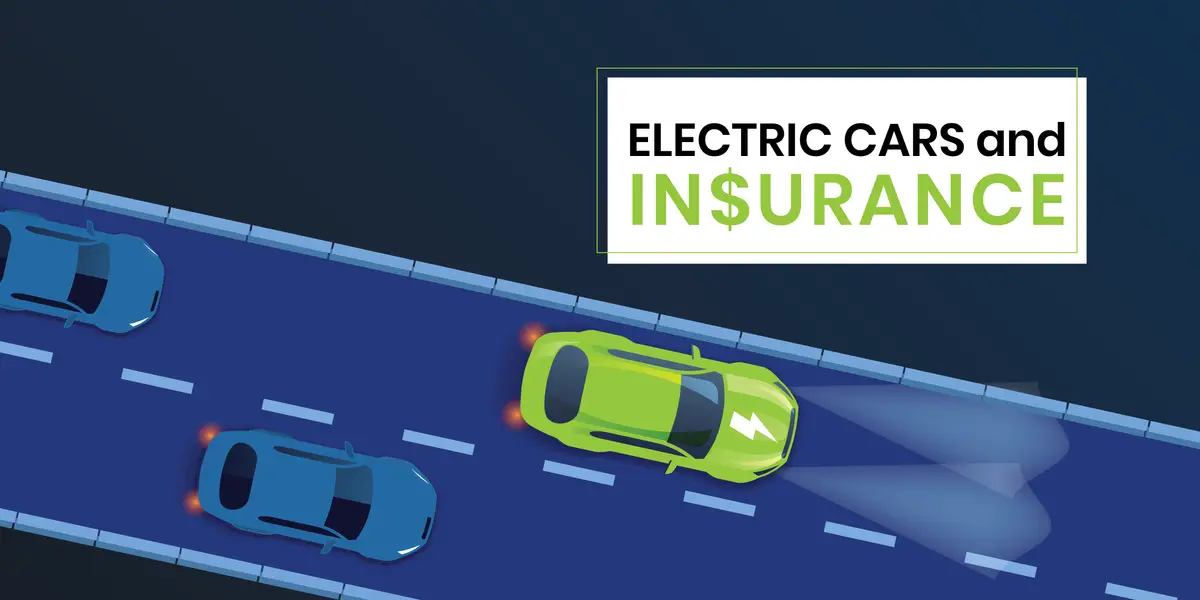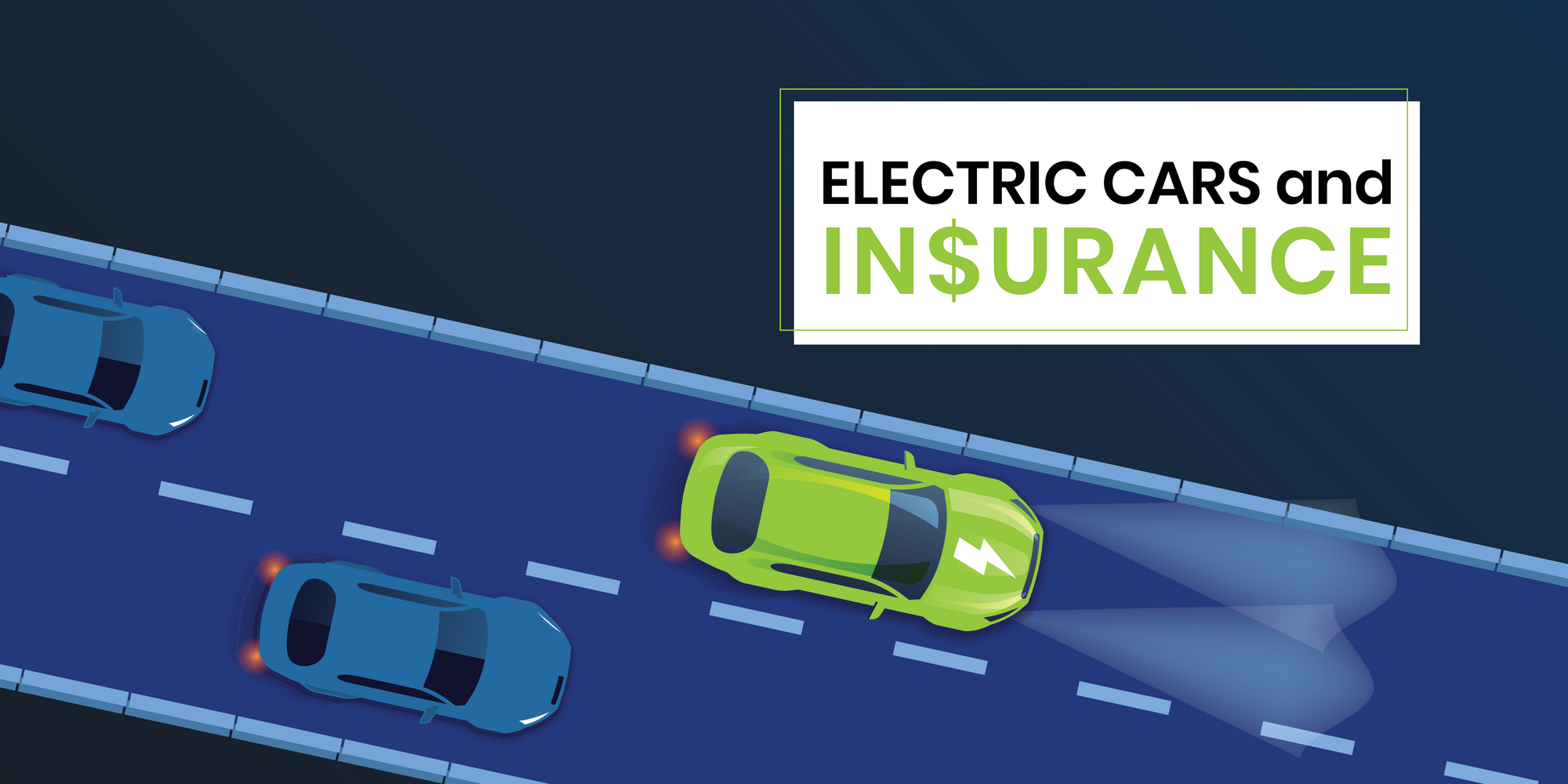Does it cost more to insure an electric car?
Electric cars do not need a lot of services like the ICEs. Additionally, they are generally easier on the brakes and have fewer moving parts to break


Electric cars do not need a lot of services like the ICEs. Additionally, they are generally easier on the brakes and have fewer moving parts to break. On the other hand, they cost more than their internal-combustion counterparts, and as a result, may cost more to insure.
Of course, with any auto insurance, your age, location, and driving record are big factors in the rate you’ll be charged. The better your driving record, the lack of charged accidents, and traffic tickets, the lower the rates.
How to reduce the cost of your insurance for electric cars
How else can electric car owners cut a better, more value-oriented deal on auto insurance? Insurance experts have a few helpful ideas on that front:
- Focus on electric car-based insurance that rewards "green driving"
- Shop around for insurance rates and get insurance quotes
- Work with your existing car insurance provider
- Factor in insurance to your total electric car costs
Will I Need Extra Homeowner’s Insurance If I Have a Level 2 Charger in My Garage?
Current Level 2 home chargers operate at 220 volts. This is similar to the voltage at which some household appliances like dryers or electric ranges operate.
However, some underwriters may require photographs or documentation that the home-charging unit has been properly and professionally installed.
Does Owning an Electric Car Increase My Insurance Risk?
So far, insurance companies have not identified any greater liability risks for electric-car ownership than those that come from owning a conventional vehicle. However, electric cars are extremely quiet in operation, and the government has recognized the low-speed threat to pedestrians.
As a result, federal regulations require electric vehicles and hybrids operating in electric mode to make noise. These sounds emit when backing up or moving at less than 18.5 mph as a warning.
Every electric car on the market today must comply with federal safety standards. As long as they perform as well as conventional vehicles in crash tests, liability coverage should remain competitive with similarly priced vehicles.
What Else Should I Consider When Insuring an Electric Car?
Other savings may come from safety technology on board. Like conventional motor vehicles, many electric cars come with radar sensors, collision-avoidance, and automatic braking.
Insurers offer other ways to save, too, including accident forgiveness, multi-vehicle discounts, vehicle telematics discounts, and more.
What is the Downside to Owning Electric Cars?
The biggest downside to owning an electric car comes when you need it repaired, including from crash damage. Your insurance carrier will have recommendations for vehicle repairs. However, consider it best to take your electric car back to the dealer.
Factory-authorized repairs take on greater importance because of the electric car’s unique drivetrain. Beyond crash damage, a big concern is if the battery pack has been compromised.
Because of these considerations, collision coverage on some EVs may be higher than traditional cars. This is another reason why it’s important to shop insurance rates for collision coverage before you buy an electric car.
Does Insurance Cover Roadside Assistance for Electric Cars?
Roadside assistance is an insurance staple and covers simple issues like running out of gas, flat tires, locked keys, and other mechanical issues. But what if you run out of charge? Will your roadside assistance covers the cost of transporting your electric car to a charger?
More often than not the answer is yes, but be sure to check the insurance policy and ask these questions of your insurer.
Source: www.kbb.com/car-advice/is-there-any-difference-in-electric-car-insurance/




